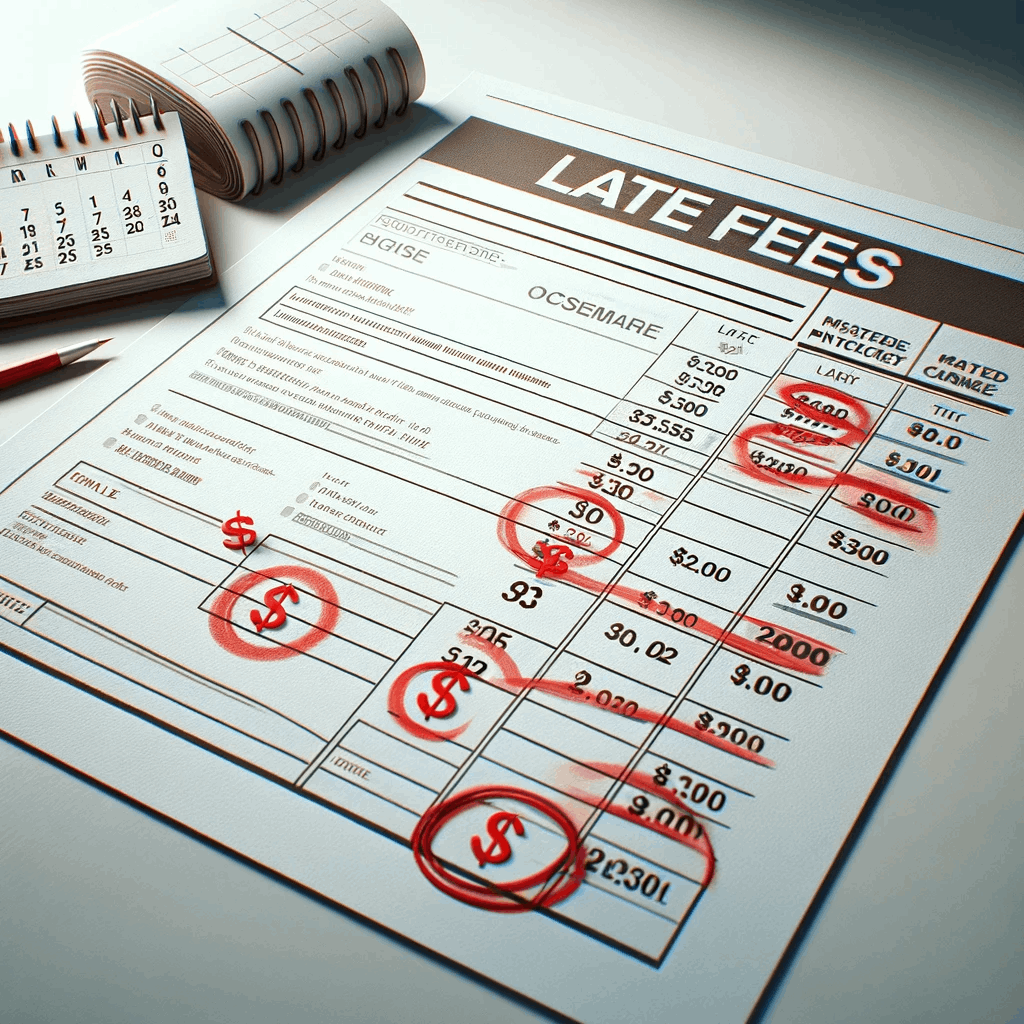Utility arrears can cast a long shadow over our lives, causing stress and uncertainty. When essential services like electricity, water, or gas become a financial burden, it's time to take action.
This article will explore practical and straightforward strategies to help you regain control and find relief from utility arrears.
Implementing these solutions can pave the way for a stress-free and worry-free living experience.
Understanding Utility Arrears
Utility arrears are unpaid bills for essential services like electricity, water, or gas. When these payments are not made promptly, they accumulate, leading to potential service disruptions, late fees, and financial stress.
Common Reasons for Falling Into Utility Arrears
Utility arrears can occur for various reasons, often creating financial strain. Below are common factors that lead to falling into utility arrears:
- Job loss or reduced income
- Unexpected medical expenses
- High utility costs
- Poor financial planning
- Sudden life changes (e.g., divorce, relocation)
- Unforeseen emergencies
- Missed or late payments
- Expensive repairs or maintenance
- Inadequate budgeting
- Lack of knowledge about assistance programs

Consequences of Utility Arrears
Falling into utility arrears can have far-reaching consequences beyond financial strain. Understanding these potential repercussions is crucial for addressing the issue effectively. Here are some of the expected consequences of utility arrears:
- Service Disruptions: Non-payment may result in the disconnection of essential services, causing inconvenience and discomfort.
- Late Fees and Penalties: Accumulated arrears often lead to additional charges, compounding the financial burden.
- Damage to Credit Score: Unresolved arrears can negatively impact your credit history, making it harder to secure loans or housing.
- Legal Actions: Utility providers may take legal actions, including lawsuits, to recover unpaid bills.
- Stress and Anxiety: The constant worry of unpaid bills can affect mental and emotional well-being.
- Strain on Relationships: Financial difficulties related to arrears can strain relationships with family and roommates.
- Reduced Quality of Life: Arrears can limit your ability to maintain a comfortable and safe living environment.
- Difficulty in Accessing Future Services: Utility arrears may hinder your ability to obtain services from other providers in the future.
- Public Records: In some cases, utility arrears may become public records, affecting your reputation.
- Limited Financial Freedom: The burden of arrears can restrict your financial freedom and long-term goals.
Simple Strategies for Managing Utility Arrears
Utility arrears can be a financial challenge, but practical steps can help you manage them. This guide will provide concise strategies to tackle arrears and regain financial stability. Here are the key steps to consider:
Budgeting and Financial Planning:
- Create a realistic budget: Begin by listing your income and expenses. Categorize your spending and allocate a portion to utilities.
- Prioritize utility payments: Make utility bills a top financial priority, and consider setting up reminders or automatic payments.
Communication with Utility Providers:
- Contact utility companies early: Reach out as soon as you foresee payment difficulties and discuss your situation.
- Explore payment plans: Inquire about flexible payment options to ease arrears.
Energy Conservation Tips:
- Turn off lights and appliances when not in use.
- Seal gaps and cracks in your home to improve insulation.
- Adjust your thermostat to save on heating and cooling costs.
- Invest in energy-efficient appliances and lighting to lower your overall consumption.
- Unplug devices and chargers when not in use.
- Wash clothes in cold water.
- Opt for natural lighting.
Seek Financial Assistance
- Research assistance programs: Look for government or charitable aid programs for utility arrears and follow their application guidelines.
- Apply promptly: Gather the required documents and apply immediately to secure assistance without delay.
Communication and Negotiation
Effective communication and negotiation are essential for managing utility arrears. They can result in manageable payment plans and prevent disconnections, ensuring stress-free living.
Contacting Utility Providers:
- Call the customer service hotline.
- Visit the provider's local office in person.
- Use the provider's online customer portal or website for inquiries.
- Email the provider's customer support.
- Send a written letter outlining your situation and request for assistance.
Negotiating Payment Plans:
- Contact your utility provider.
- Explain your financial situation honestly.
- Request a payment plan or arrangement.
- Offer a realistic proposal.
- Discuss terms, such as monthly payments and due dates.
- Get the agreement in writing.
Avoiding Disconnections and Penalties:
- Pay bills on time.
- Contact the provider early if payment issues arise.
- Know disconnection policies.
- Prioritize utility payments in budget.
- Practice energy efficiency.

Long-Term Strategies for Avoiding Utility Arrears
Adopting long-term strategies is essential to maintain financial stability and avoid recurring utility arrears. These strategies can help you proactively manage your utility expenses and prevent future arrears:
Meeting Payment Deadlines:
- Make timely payments to avoid disconnections.
- Set up reminders or automatic payments if necessary.
- Monitor due dates on utility bills and follow them closely.
Promptly Addressing Issues:
- If you foresee difficulties paying, contact your utility provider in advance.
- Explain the situation and explore alternative arrangements.
- Only delaying communication after the due date.
Staying Informed:
- Keep yourself informed about your rights and responsibilities as a utility customer.
- Be aware of the provider's disconnection policies and penalties for late payments.
- Stay updated on any changes in billing or payment procedures.
Budgeting and Financial Planning:
- Prioritize utility payments in your budget.
- Allocate funds for utilities and other essential expenses.
- Create an emergency fund to cover unexpected utility costs.
Energy-efficient Practices:
- Implement energy-saving measures to reduce utility bills.
- Invest in energy-efficient appliances and insulation.
- Seek advice from your utility provider on ways to lower your energy consumption.
Explore Budget Billing Options:
- Inquire with your utility provider about budget billing.
- Understand how monthly payments are calculated.
- Review and adjust the plan as needed to match your usage and finances.
Following these steps, you can effectively avoid disconnections and penalties associated with utility arrears, ensuring a more stable and stress-free living situation.
Closing Thoughts: Achieving Stress-Free Living through Utility Arrears Solutions
In conclusion, by implementing the simple strategies outlined in this article, you can effectively manage utility arrears, reduce financial stress, and secure a more stable and stress-free living situation.
Proactive communication, budgeting, energy efficiency, and long-term planning are vital to achieving financial stability and peace of mind regarding utility expenses.
Remember that addressing utility arrears is about short-term relief and building a sustainable financial future.



